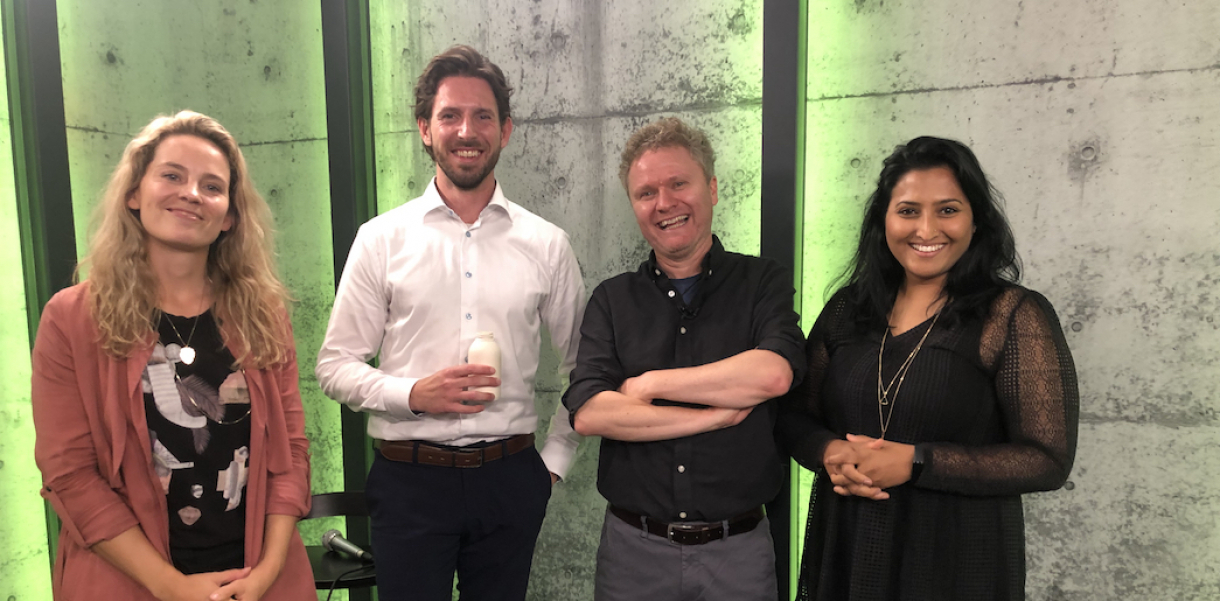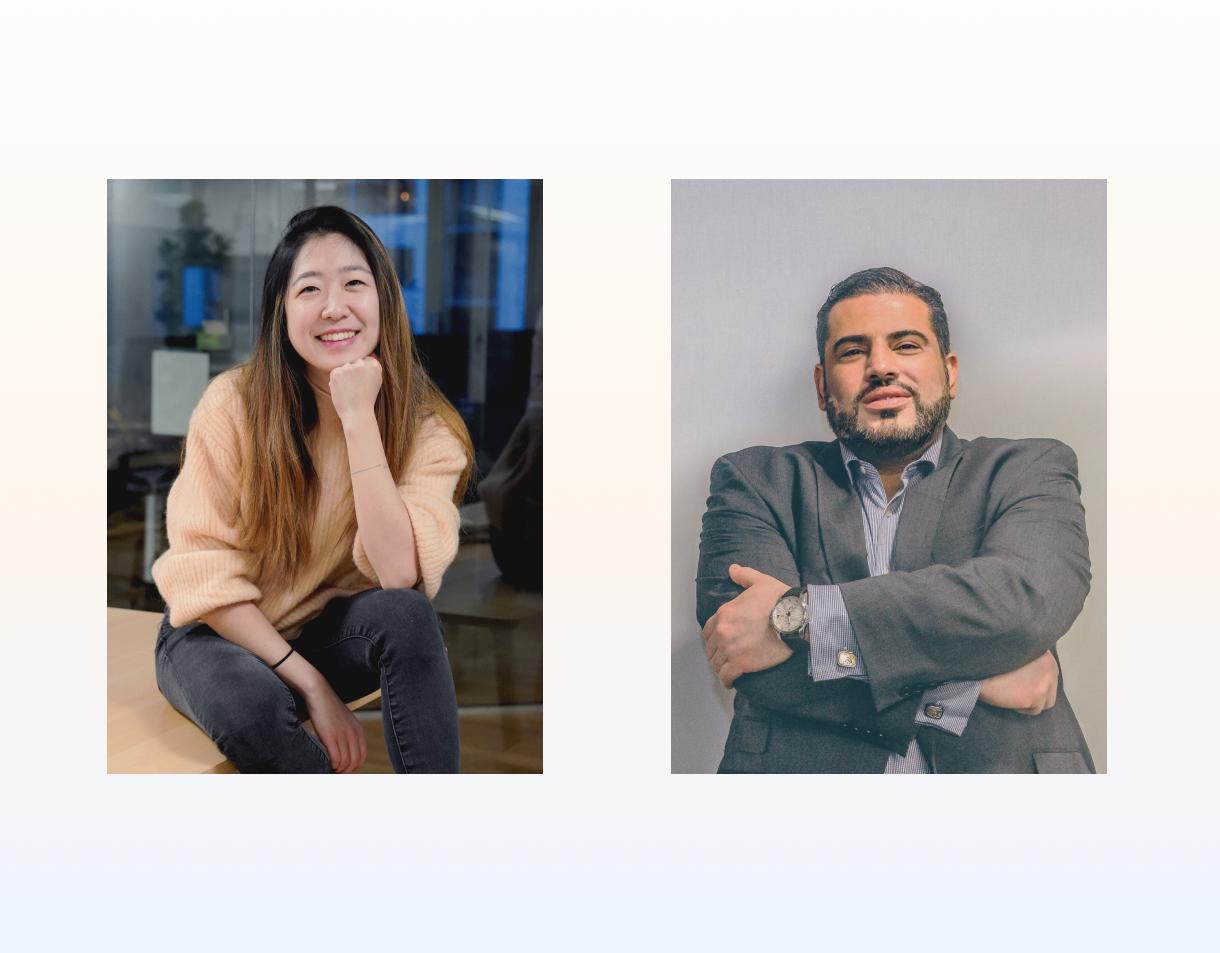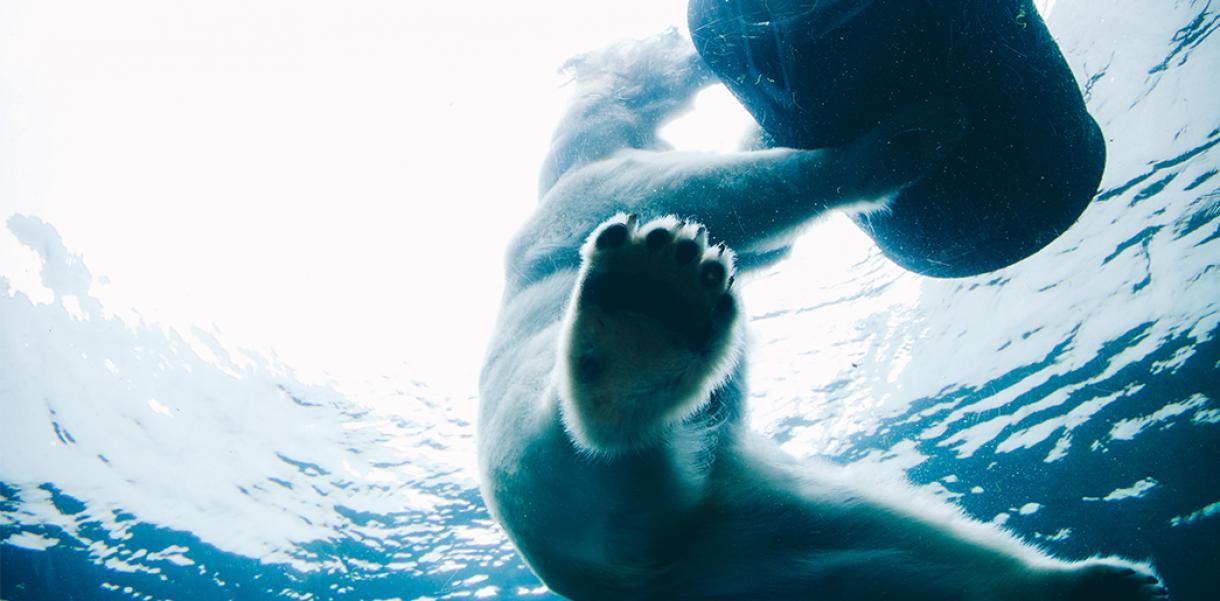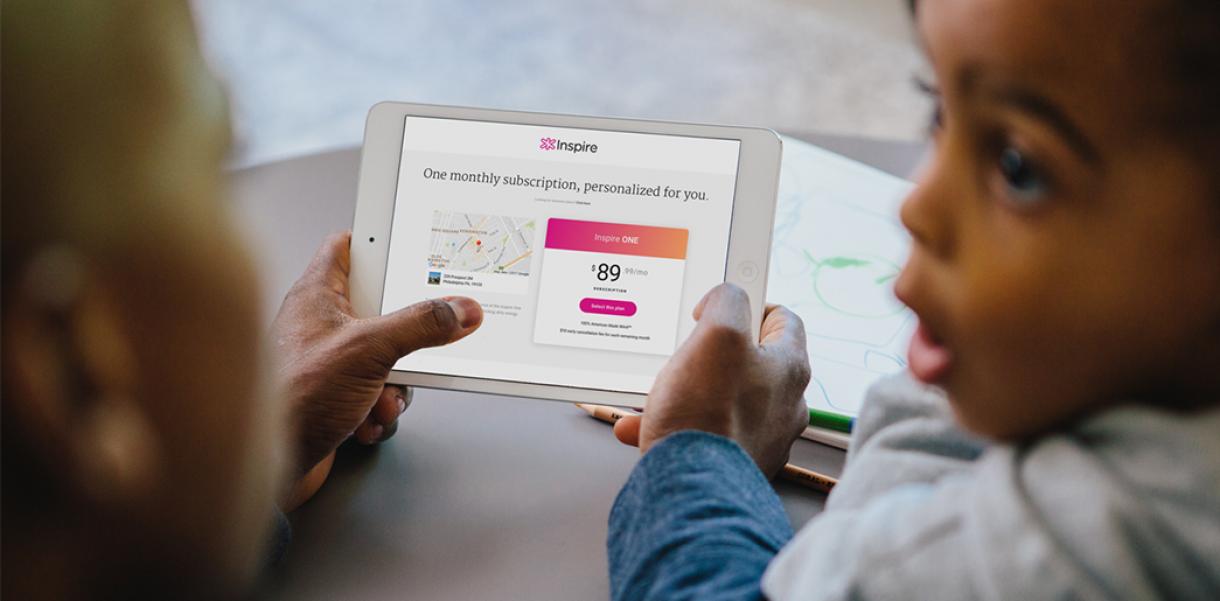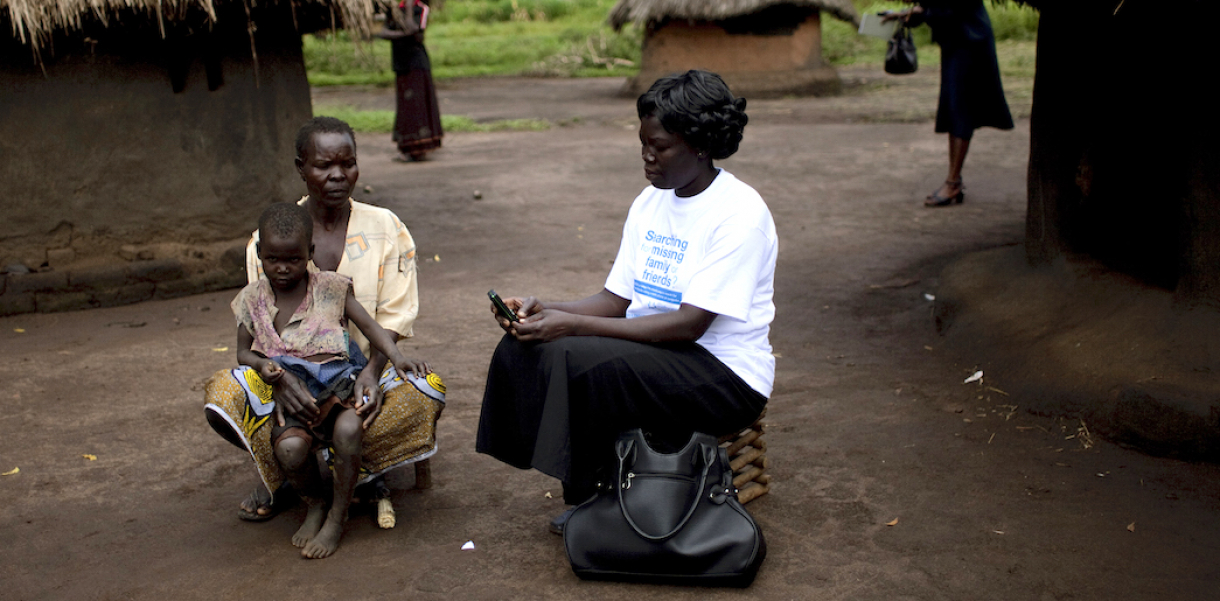Sustainability: An incremental agenda transformed into one of the vaguest buzzwords. Now often associated with green-washing and corporate branding, we’re forced to ask ourselves: Before we let sustainability guide our businesses, does sustainability itself need a redesign?
For Designit and The Index Project, designing a new usual for sustainability means recentring a fatigued catchphrase to represent actual change. In many businesses, sustainability has been highlighted and marketed due to a more demanding public. Pledges on carbon negativity, biodegradable products and ethical supply chains are appealing to the consumers, and have, therefore, luckily, turned into implemented strategies. It means hiring a sustainability officer and weighing people, planet and profit more equally.
The Index Project and Designit have dedicated our businesses to acting on and promoting sustainability. We make these pledges and commitments too, but like so many others, we feel the clock ticking. That’s why we’re building communities around what we do – with our clients, our partners and even social media followers. We want to inspire change, but how do we close the gap between inspiration and action?
Of course, turning a spark into a flame is always easier if there’s a community nurturing and protecting the process. So when it comes to design industries, small businesses and even large corporations, could community and sustainability work together to close that gap?
That’s why we wanted to ask: What if sustainability in business wasn’t just about CSR, proper recycling of office supplies and 2050-goal setting – what if the new usual for creating sustainability was about sparking movements around our businesses?
For our second Designing the New Usual event, we dissected the idea of creating sustainable movements and how to make it happen. How do we create an output that changes people's behaviour? What’s in our toolbox for setting a new sustainability agenda? Or in short: how do you design a sustainable movement?
The event featured three in-studio panellists and interviews with global changemakers and sustainability advocates. These are:
- Anne Jensen, Head of Sustainability at the Danish football club AGF. With more than 10 years of experience in the festival industry, she was hired to jumpstart an environmental strategy for the soccer club in 2020. In less than a year, the club has changed into 100% energy from renewable energy and has become a signatory of the UN Sports for Climate Action.
- Michael Michelsen, Commercial Manager and Sustainability Lead at packaging company Paboco. Working with reshaping and rethinking collaboration, he engages global partners to make Paboco the world’s first 100% bio-based and recyclable paper bottle. With a strong joint drive for creating change, Paboco works with global partners like Coca-Cola and L’Oréal.
- Nassera Ahmed, Senior Director of Sustainability at global health innovator Coloplast. With 13+ years of experience in strategy and business integration of sustainability, Ahmed knows how to do the walk. Working across the globe and within different industries, she’s passionately working towards a future of circular economy, climate action and equal opportunity.
For our changemaker interviews, we were proud to feature:
- Kerry Huang, Chief of Staff to the Brand & Impact SVP at PANGAIA. Having previously worked at Boston Consulting Group and Global Fashion Agenda, Huang has a unique experience with bringing sustainability into fashion. At materials science company PANGAIA, she helps bring innovative textiles and patents into people’s lifestyles.
- Wa'il Ashshowwaf, CEO and Co-Founder of civil rights app Reyets. Coming from +15 years working with financial services, Ashshowwaf now divides his time between overseeing the Unstuck Lab startup Studio and the civil rights app Reyets. Recognised as one of Fast Company’s World Changing Ideas, Reyets helps counter police brutality and injustice by helping people know and protect their rights.
Download the full SUM-UP PDF from the event here!
